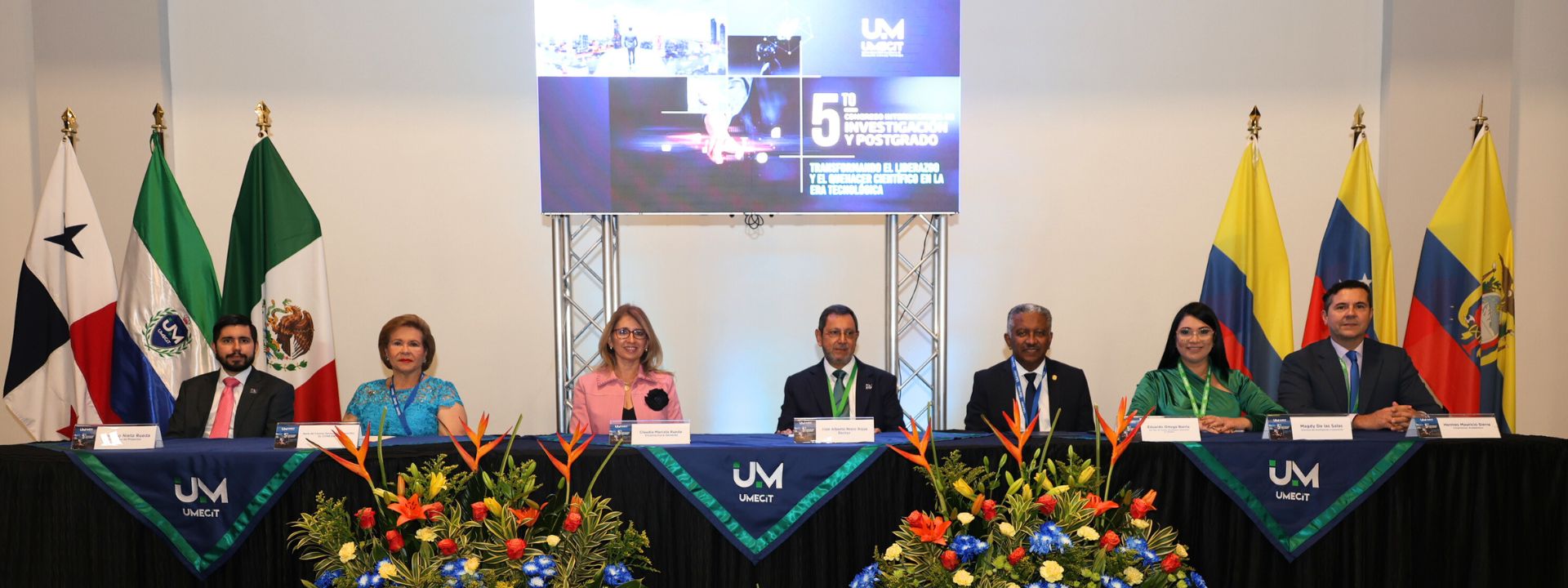UMECIT successfully closes its 5th International Congress on Research and Postgraduate Studies, reaffirming its academic leadership and commitment to science.
The Metropolitan University of Education, Science and Technology -UMECIT- successfully completed its 5th International Congress on Research and Postgraduate Studies, a major academic event that brought together more than 100,000 people over three days. 1,200 participants from Panama, Colombia and Ecuador, with the presence of 20 speakers from countries such as Mexico, Colombia, Panama, Spain, Venezuela and others.
Since its opening on June 19, 2025, the event has established itself as a meeting platform for researchers, teachers, students, and professionals from different fields of knowledge, promoting critical thinking, the exchange of knowledge, and the generation of innovative solutions to current challenges.
Inauguration with a transformative vision
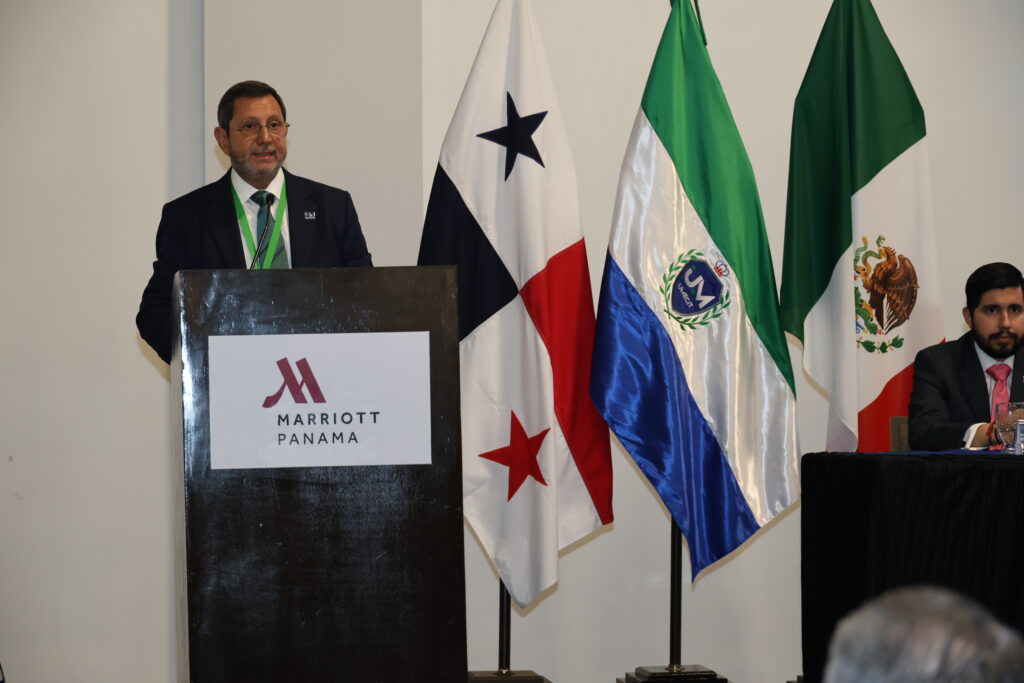
The installation of the Congress was also attended by prominent authorities such as the Dr. María del Carmen Terrientes de Benavides, Executive Secretary of CONEAUPA; Dr. Eduardo Ortega-Barría, National Secretary of SENACYT; the Dr. Magdy De las Salas, Director of Research; Dr. Mauricio Hermes, Academic Vice-Rector; the Dr. Santiago Nieto Rueda, Vice-Rector of Projects; and the Dr. Claudia Marcela Rueda Ossa, Vice-Rector General, among others.
The event was presided over by the rector of UMECIT, Dr. José Alberto Nieto Rojas, who in his opening remarks stated that "the world faces highly complex challenges: the climate crisis, food insecurity, structural inequalities, emerging diseases, and gaps in access and equity in education." In this context, he emphasized that science and research are not an option, but an urgent necessity, and underscored the role of universities as spaces for transformation and the production of impactful knowledge.
“Knowledge must be translated into concrete solutions. Scientific research is the backbone of social and economic progress,” Nieto Rojas emphasized. He also highlighted the importance of universities leading the transition toward the ethical and responsible use of artificial intelligence tools, without compromising human judgment or methodological rigor.
Dr. María del Carmen Terrientes de Benavides highlighted UMECIT's commitment to strengthening research and educational quality. "The implementation of annual calls for research projects and the connection with national and international institutions demonstrates a model that can be replicated throughout the university system," she stated. She also praised the institutional transparency and the work of UMECIT's Research Observatory, which has promoted more than 600 scientific publications and the development of four institutional journals that obtain quality certifications year after year.
For his part, Dr. Eduardo Ortega-Barría expressed his admiration for the event's impact: "This conference is a clear example of how science can and should respond to the many challenges we face. We need more spaces like this, where research is transformed into action with innovative and sustainable solutions."
In their remarks, the authorities praised the event's impact and UMECIT's research model as a replicable model for other institutions, highlighting its transparency, scientific output, and the strengthening of ties with national and international institutions.
The opening day was enlivened by the José Dolores Moscote School band, which offered a moving repertoire of traditional Panamanian music.
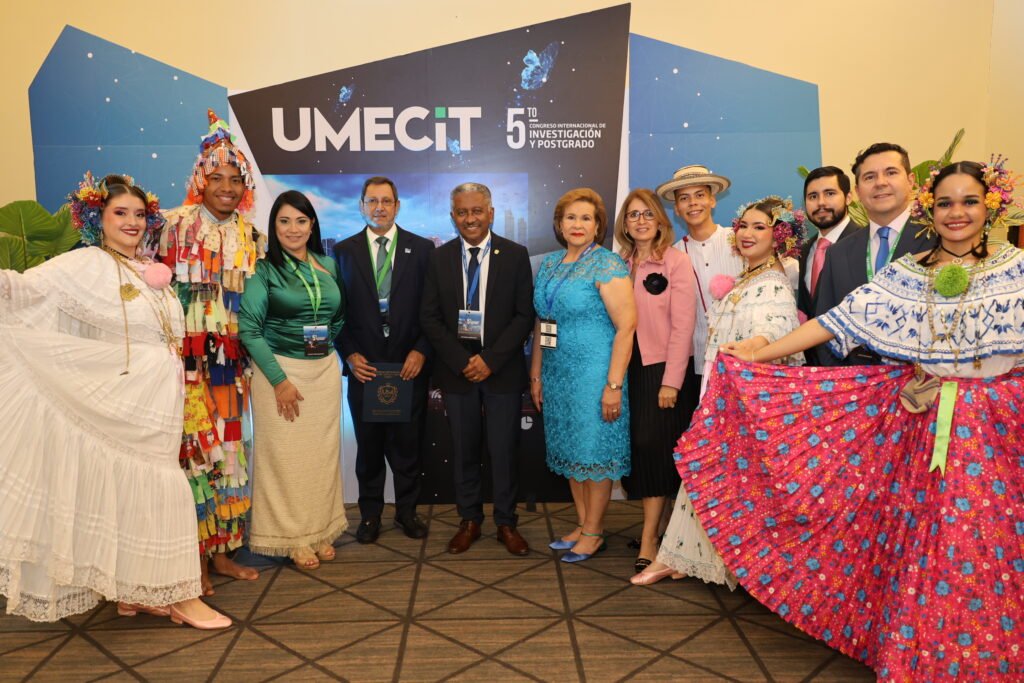
A high-level academic agenda
During the second day, the Congress developed two expert panels with key themes for today's scientific world:
- Leadership and best practices of 21st-century researchers, addressing topics such as open science, attitude as a value in scientific leadership, communication in research practice, and financial management of research projects.
- Challenges and opportunities of science in the technological era, with presentations on high-impact publications, academic integrity, artificial intelligence, scientometrics, and the role of research managers.
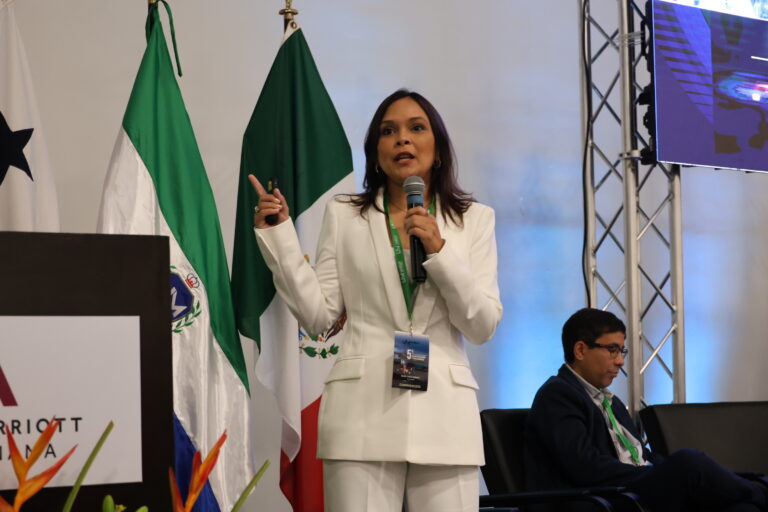
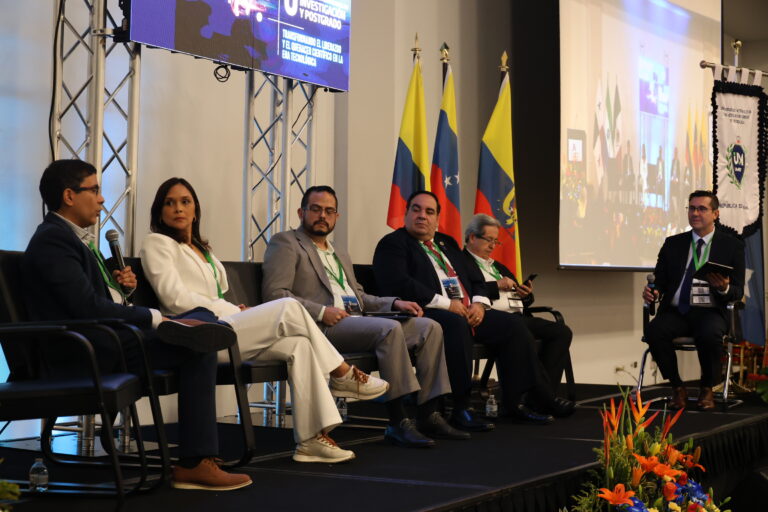
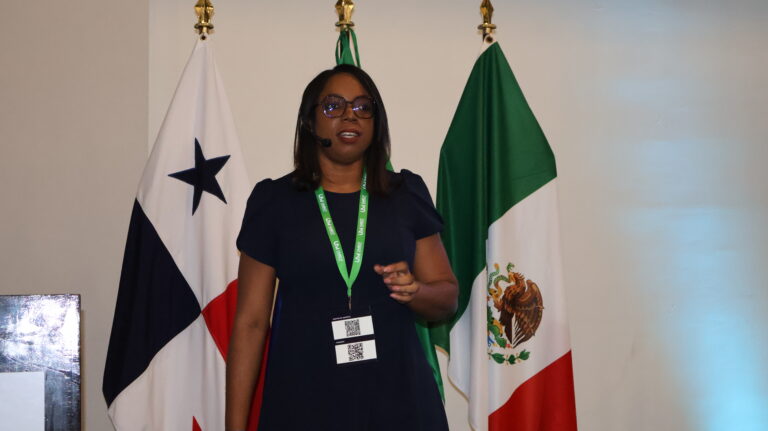
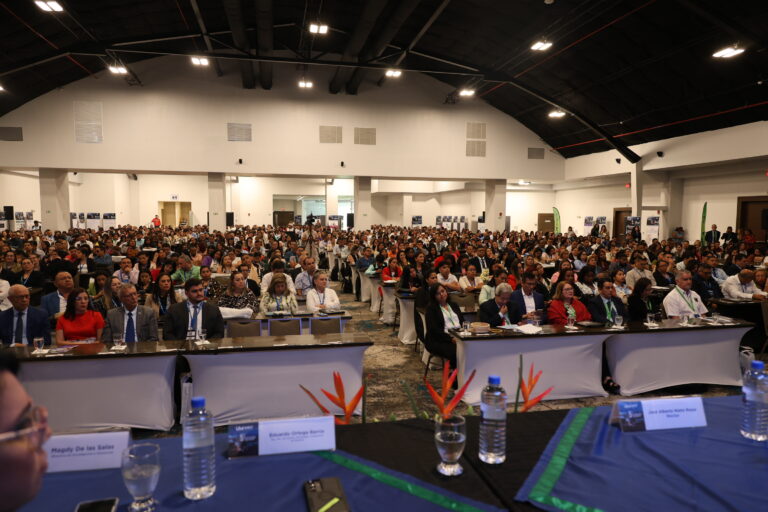
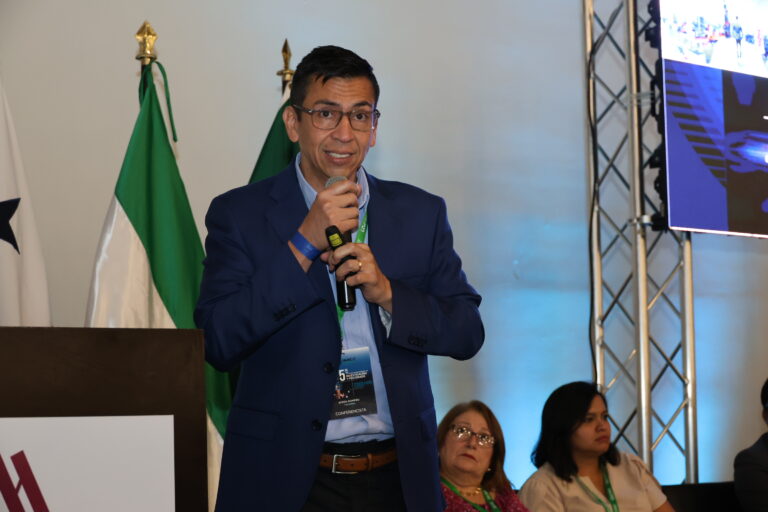
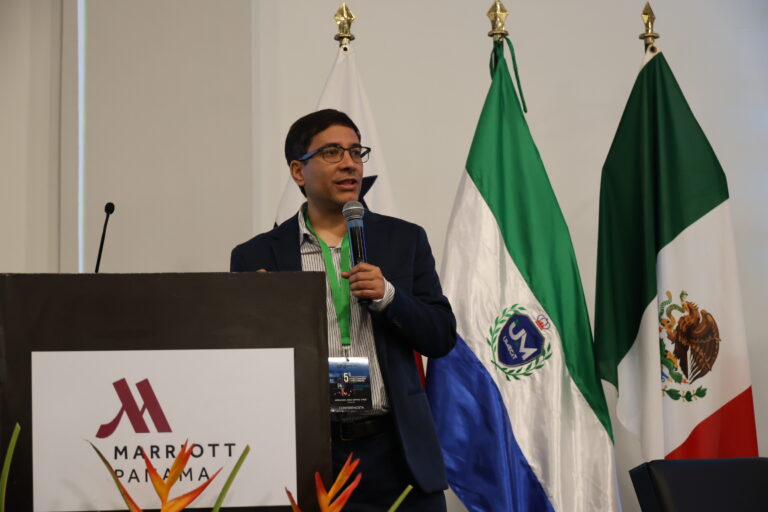
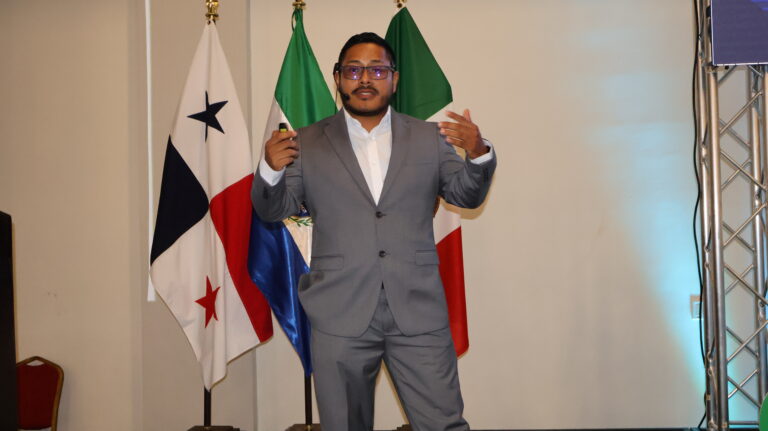
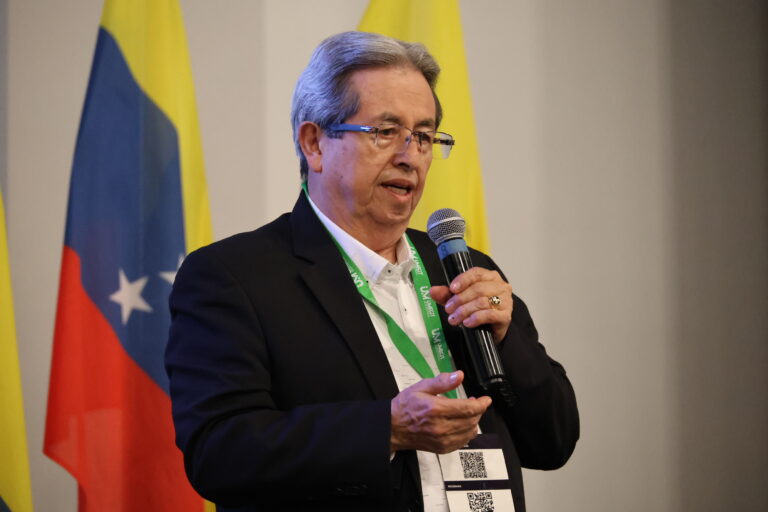
In the afternoon, two events were held keynote lectures focused on the impact of the artificial intelligence in science and leadership in data science, led by prominent Mexican speakers Erick Díaz and Claudia Nallely Sánchez.
Subsequently, the presentation of “UMECIT Science People”, an exhibition where professors and researchers from the institution shared projects related to health, the environment, criminology, psychology, and community development, highlighting the real impact of research on society.
Closing and evaluation of scientific posters
The second and third days of the Congress were dedicated to the evaluation of the 367 scientific posters presented by national and international researchers. These works demonstrated a high level of rigor, methodological depth, and thematic relevance, making this space a true showcase of emerging knowledge.
Throughout the three days, lectures were given keynote lectures With a wide variety of topics, including artificial intelligence, artificial intelligence applied to research, neurolinguistic programming (NLP), positive psychology, law, education, sustainability, and other multidisciplinary approaches, each of these presentations offered key tools, insights, and knowledge that directly impacted attendees.
As a result of this Congress, the following will be published: two academic books that will gather more than 260 scientific articles, reaffirming UMECIT's commitment to the production, dissemination and transfer of quality knowledge.
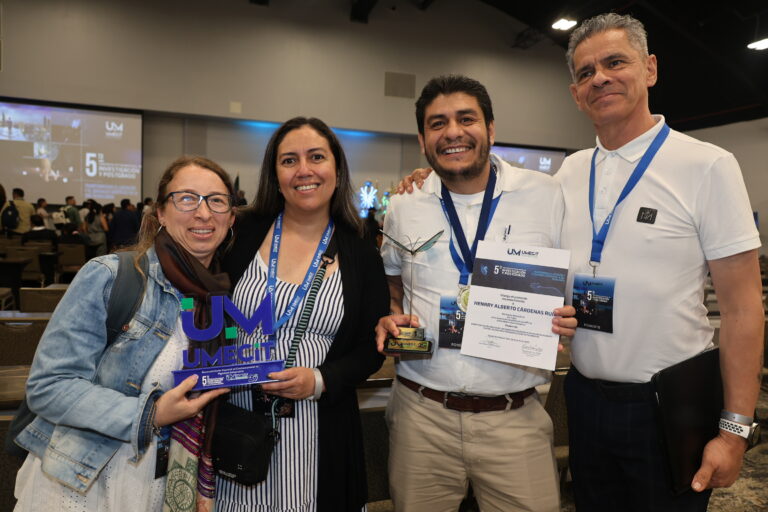
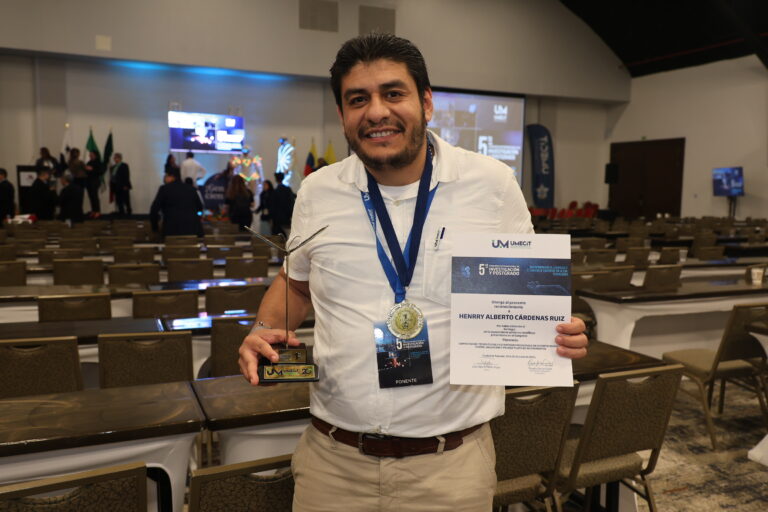
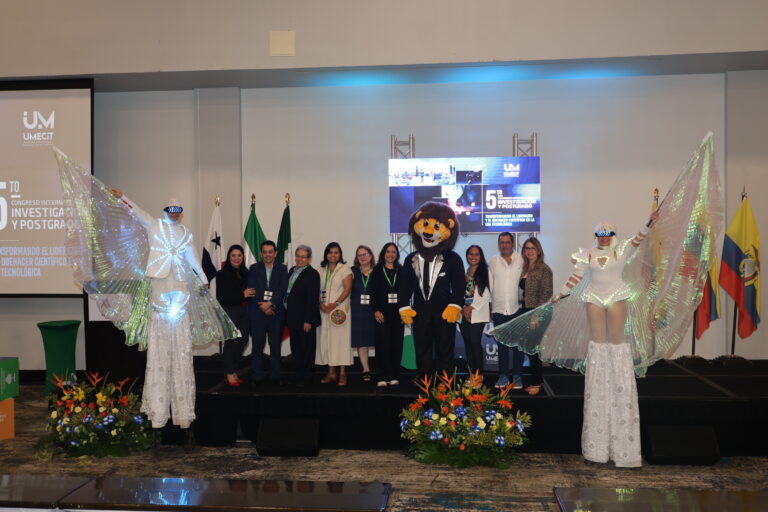
A University at the service of social transformation
With this edition, the International Research and Postgraduate Congress consolidates its position as a benchmark event in Latin America, strengthening UMECIT's Neocyberhumanist educational model and its commitment to training professionals committed to sustainable development, scientific ethics, and responsible innovation.
UMECIT thus reaffirms its role as a leading research institution, with a vision focused on impact, equity, and social transformation through higher education.


